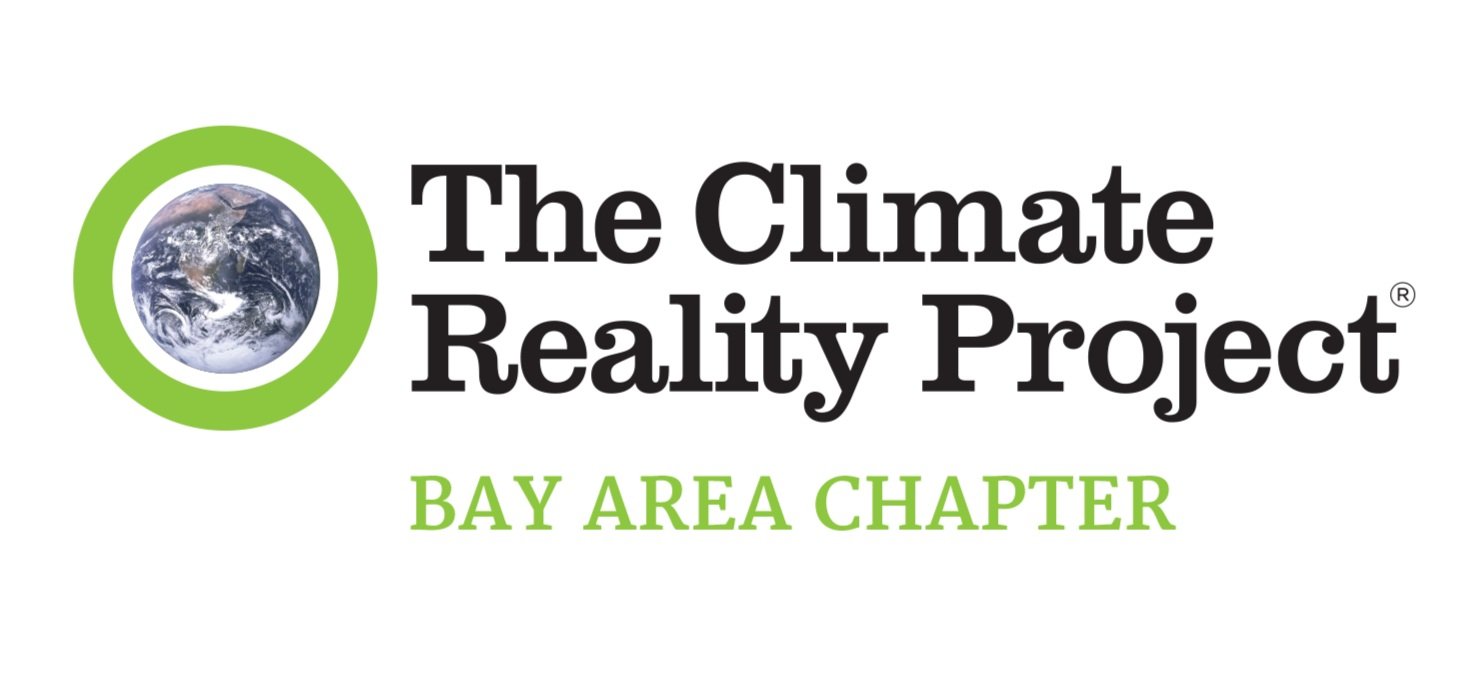This event is a continuation of our Indigenous Voices Reading and Listening Circle series. The following suggestions complement our April 1 Indigenous Speaker event, titled Cultural Burning and Climate Resilience in Napa and Beyond.
Following the lead of the Sogorea Te’ Land Trust, a San Francisco Bay Area organization led by urban indigenous women that facilitates the return of Indigenous land to Indigenous people, we will be reading together and discussing selections from the Recommended Reading List offered on the Sogorea Te' Land Trust’s website, Indigenous-created writings, art, or music about environmental and climate justice, and campaigns assessed in the 2021 Indigenous Resistance Against Carbon report. This report concluded that Indigenous resistance against carbon in the United States and Canada has kept BILLIONS of tons of carbon in the ground equivalent to one-quarter of annual emissions from both the U.S. and Canada combined!
Convened by Climate Justice co-chair Alma Soongi Beck (settler) and facilitated by Climate Justice co-chair S. Louie (settler).
Check out a suggested "reading" if you can:
Short videos about cultural burning:
Karuk Media, Good Fire - Spring 2022 (6.5 minutes)
Yurok Tribe, Elizabeth Azzuz Talks About Cultural Fire (3 minutes)
Cal Fire TV, Cultural Burn Workshop (4 minutes)
USDA Forest Service research ecologist Frank Lake (Karuk, Yurok, Mexican American, and white): "Smoke on an inversion in topographically steep & rugged river valleys . . . reflects the sunlight which cools the air temperature, which then . . . also cools the river and benefits the fish. . . . Ethnographic information . . . back in the late 1800s for the Rogue River Indians in SW Oregon [says] they burned the hillsides to call the salmon in . . .”
Intentional Fire podcast, Episode 4, "Decolonizing Fire with Chook-Chook Hillman": [Settlers] have extracted everything from this place, kept all the wealth. . . . No. We need all those resources, full support . . . It's way more than 'Let [Indigenous people] clean up the complete destruction of our ecosystem.'"
Pyrogeographer Don Hankins (Plains Miwok), "Reading The Landscape For Fire," Bay Nature: "The places I burn are places I have a relationship with or responsibility to. This is a difference that sets Indigenous burning apart from other burning practices; being able to return to the burned area to collect plant materials or hunt for mushrooms or wildlife is a reward of careful stewardship. It ensures accountability."
Good Fire podcast, Season 3 teaser: 3:18 Amy Cardinal Christianson (Métis): "Women have always been the backbone . . . One elder... in her community, the men would always go out and burn. So I would say, "Seems like men are doing all the action with burning," and she'd be like, "Uh, who do you think is telling them where to go and what to do?" She said there, the grandmothers in the community, they decide, and they go out and tell the men and other folks where needs to be burned and what."
Good Fire podcast, Fire and Carbon with Russell Myers Ross and William Nikolakis: Russell Myers Ross (Tsilhqot'in): "You can only learn by doing it. So I took my daughter out . . . I think she was seven . . . A month later she was like 'When are we going back to burn?' Amy Christianson Cardinal (Métis): "Awesome. Like you guys said, that's about taking it out of the masculine field and really going back to where it's an everybody thing, elders, kids, women, men, all out there on our land."
The Good Fire podcast has episodes featuring Indigenous cultural burning in Australia, Guyana, Brazil and Venezuela, Zimbabwe, and Canada.
Pyrogeographer Crystal A. Holden (settler), "We're Not Doing Enough Prescribed Fire in the Western United States to Mitigate Wildfire Risk," Fire 2019, 2(2), 30: "Prescribed fire not only reduces the biomass available to burn in a subsequent uncontrolled wildfire, it also supports carbon sequestration, facilitates ecological resilience, and is critical in restoring ecological function."
If you’re interested in a low pressure, high connection way to hang out, learn, and reflect together about decolonization, rematriation, and how communities are healing the history of the land and our relationship to it, come join us!
